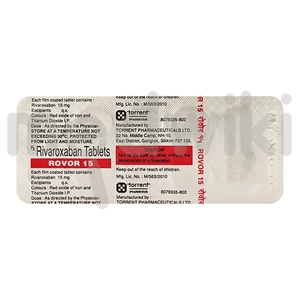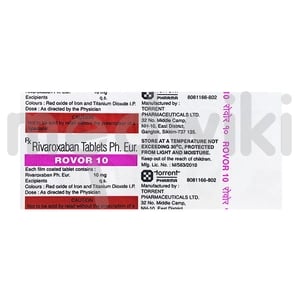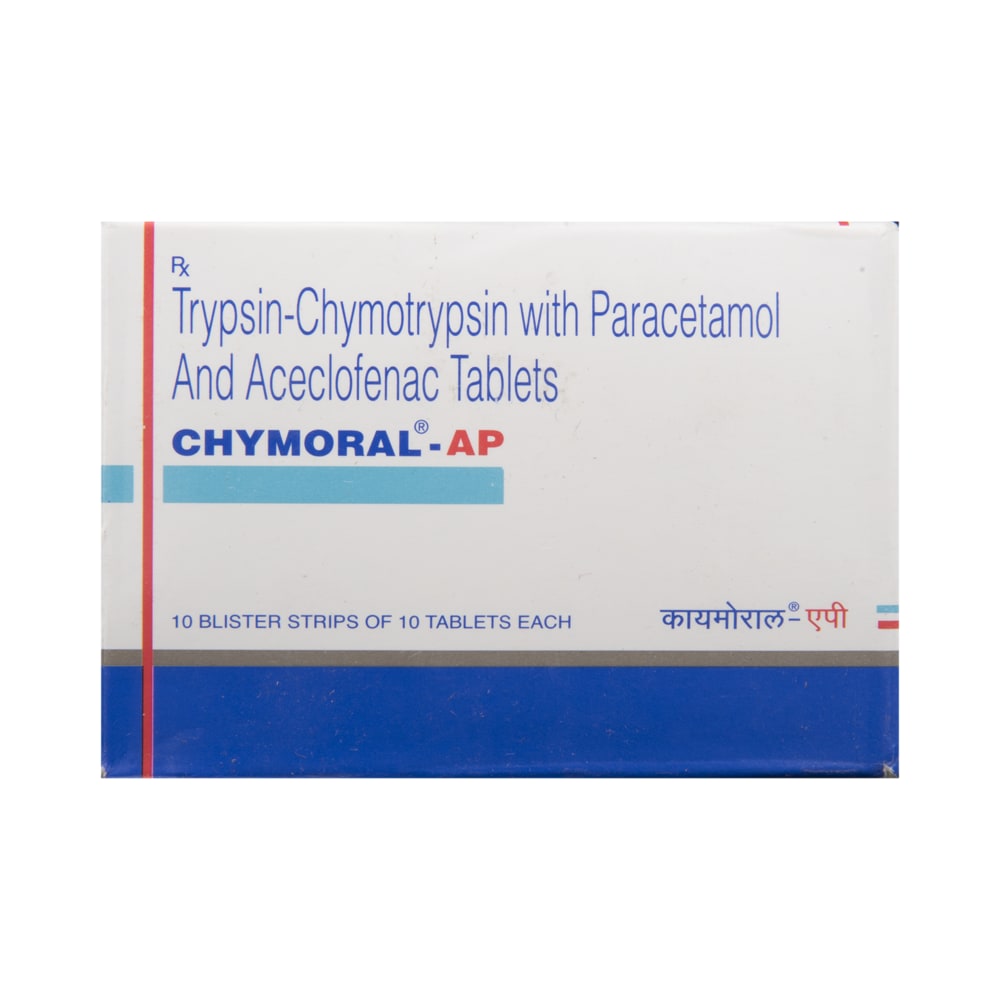rovor
Introduction to rovor
Rovor, commonly known as Rivaroxaban, is a medication used to prevent and treat blood clots. It is particularly effective in managing conditions like deep vein thrombosis (DVT) and pulmonary embolism (PE). Additionally, it helps reduce the risk of stroke in individuals with a heart condition called atrial fibrillation.
Composition of rovor
Rovor contains the active ingredient Rivaroxaban, which works by inhibiting a key enzyme in the blood clotting process known as Factor Xa. By blocking this enzyme, it effectively prevents the formation of blood clots.
Uses of rovor
- Prevention of blood clots in the legs (deep vein thrombosis)
- Treatment of blood clots in the lungs (pulmonary embolism)
- Reduction of stroke risk in atrial fibrillation patients
Side effects of rovor
Common side effects:
- Bleeding
- Bruising
- Headache
- Dizziness
- Stomach upset
Serious side effects:
- Severe bleeding
- Allergic reactions
- Liver problems
- Kidney dysfunction
Precautions of rovor
Rovor should not be used by individuals with active bleeding, severe liver disease, or those who are allergic to it. It is also advised to avoid this medication during pregnancy. Caution is necessary for people with kidney problems or those undergoing surgery.
How to Take rovor
- Take rovor once daily as prescribed by your doctor.
- The dosage typically ranges from 10 to 20 mg, depending on the condition being treated.
- For doses of 15 mg or more, it is recommended to take it with food.
Conclusion of rovor
Rovor is a valuable medication for preventing and treating blood clots, as well as reducing the risk of stroke in certain heart conditions. However, it is important to use it under medical supervision and be aware of potential side effects and precautions. Always follow your healthcare provider's instructions when taking rovor.

Similar Medicines
More medicines by Torrent Pharmaceuticals Ltd
Available in 4 variations

strip of 10 tablets

Rovor 20mg Tablet 10s
strip of 10 tablets

strip of 10 tablets

strip of 10 tablets
Disclaimer : This information is not a substitute for medical advice. Consult your healthcare provider before making any changes to your treatment . Do not ignore or delay professional medical advice based on anything you have seen or read on Medwiki.
rovor
Prescription Required
Manufacturer :
Torrent Pharmaceuticals LtdComposition :
rivaroxaban
















.svg)
